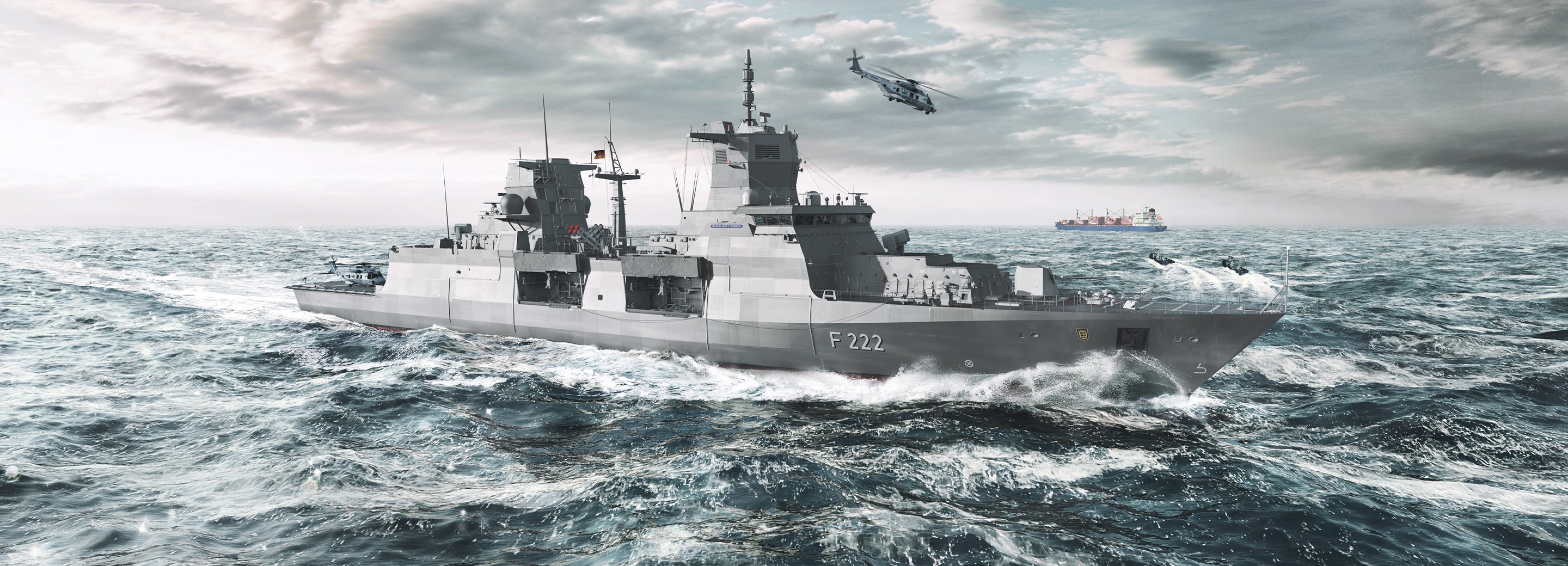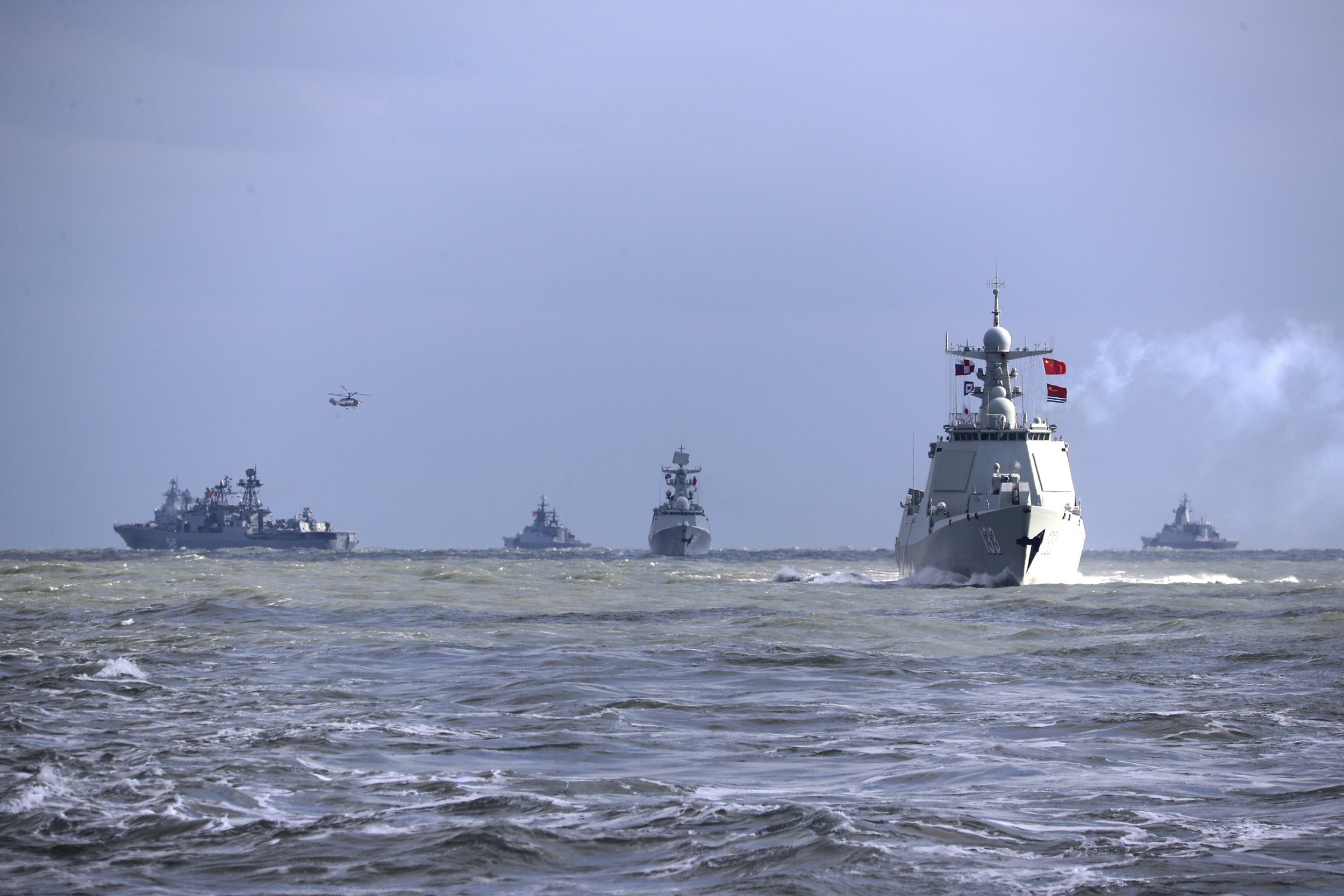Military cruises offer a unique blend of history, adventure, and unparalleled access to naval vessels and bases. Unlike typical cruises, these voyages cater to a specific audience – veterans, active-duty personnel, their families, and history buffs eager to delve into the maritime world. From exploring historic warships to touring modern aircraft carriers, these experiences provide a captivating glimpse into the lives and legacies of those who serve.
These specialized cruises offer far more than just sightseeing. Participants can engage in historical reenactments, interact with naval personnel, and gain a deeper understanding of naval operations and history. The atmosphere is often one of camaraderie and shared appreciation for maritime heritage, creating a memorable and enriching experience.
Experiences Offered on Military Cruises
Military cruises offer a unique blend of travel and historical immersion, providing participants with experiences unavailable through traditional tourism. These voyages often combine sightseeing with opportunities for unique interactions and educational insights into naval history and modern military operations. The atmosphere is generally one of camaraderie and shared interest in maritime history and military affairs.Unique experiences offered on these cruises are carefully curated to provide a compelling and informative journey.
These are not simply pleasure cruises, but rather opportunities for deeper engagement with naval history and current military capabilities.
Historical Reenactments and Demonstrations, Military cruises
Many military cruises incorporate historical reenactments, offering a vivid portrayal of significant naval battles or events. These reenactments, often featuring costumed actors and detailed sets, bring history to life, allowing participants to gain a deeper understanding of past conflicts and their impact. For example, a cruise might include a reenactment of a pivotal naval battle, complete with period-accurate weaponry and tactical maneuvers.
Learn about more about the process of celebrity cruises miami in the field.
This provides a dynamic and engaging learning experience far exceeding what a museum or textbook can offer. The educational value lies in the immersive nature of the experience, fostering a deeper appreciation for the sacrifices and strategies employed throughout naval history.
Interactions with Military Personnel and Experts
A key feature of many military cruises is the opportunity to interact directly with current and former military personnel. These interactions might include question-and-answer sessions with naval officers, tours of active vessels, or presentations by historians specializing in naval warfare. Participants gain firsthand insights into life in the military, the challenges faced by service members, and the technological advancements shaping modern naval capabilities.
The opportunity to speak directly with those who have served or are serving offers an unparalleled perspective, providing valuable historical context and a nuanced understanding of naval operations. These discussions can also illuminate the human side of military service, beyond the technical aspects of weaponry and strategy.
Onboard Atmosphere and Environment
The atmosphere onboard a military cruise tends to be one of respectful camaraderie and shared enthusiasm for naval history. Participants often find themselves engaging in lively discussions with fellow passengers, sharing perspectives and insights. The environment is generally formal but welcoming, reflecting the structured nature of military life while maintaining a relaxed and engaging atmosphere for learning and social interaction.
Many cruises offer lectures, workshops, and informal gatherings that facilitate this exchange of information and foster a sense of shared purpose among participants. The overall experience aims to be both educational and enjoyable, creating a memorable and enriching journey for all involved.
Planning and Logistics of Military Cruises

Military cruises, while offering unique experiences, require meticulous planning and adherence to specific regulations. The process differs significantly from standard civilian cruises, demanding careful attention to detail and adherence to security protocols. Understanding these logistical aspects is crucial for a smooth and enjoyable trip.Planning a military cruise involves a multi-stage process, beginning with booking and extending to travel preparations and security clearances.
These cruises are often organized by military branches or affiliated organizations, with specific eligibility criteria and booking procedures. The itinerary, typically encompassing port visits and onboard activities, is predetermined and subject to operational needs and security considerations. Costs vary considerably depending on the duration, destination, and level of accommodations provided.
Booking and Itinerary Procedures
Booking a military cruise usually involves contacting the relevant military organization or authorized travel agency. The process may require submitting an application, providing personal details, and undergoing a security vetting process. Itineraries are typically pre-planned and published in advance, but may be subject to change due to operational requirements. For example, a planned visit to a foreign port could be altered due to unforeseen geopolitical circumstances.
Cruises often include a mix of structured events and free time, balancing organized activities with opportunities for personal exploration. Specific details about shore excursions and onboard amenities are generally provided in the cruise brochure or briefing materials.
Documentation and Travel Preparations
Necessary documentation varies depending on the cruise destination and the traveler’s nationality. However, a valid passport, appropriate visas (if required), and military identification are essential. Travelers should also ensure their health insurance is up-to-date and covers international travel, including emergency medical evacuation. Packing lists are usually provided, emphasizing practical clothing suitable for both warm and potentially cooler weather conditions.
Travelers are advised to pack light, limiting baggage to what is manageable. Specific items, such as certain electronics or personal medications, may require pre-approval or adherence to special regulations. Copies of all important documents should be kept separately from the originals.
Security Protocols and Regulations
Security protocols for military cruises are stringent and designed to protect personnel and sensitive information. Passengers are subject to security screenings similar to those experienced at airports. Strict regulations govern the transportation of certain items, including weapons, explosives, and restricted materials. Passengers must adhere to all instructions from security personnel and onboard authorities. Communication protocols may also be in place, restricting the use of certain electronic devices in certain areas or situations.
For example, photography might be restricted in specific ports or onboard areas for security reasons. Non-compliance with security protocols may result in disciplinary action or removal from the cruise.
Comparison with Civilian Themed Cruises: Military Cruises
Military cruises and civilian themed cruises, while both offering immersive historical experiences, cater to distinct audiences and prioritize different aspects of the journey. While both may focus on specific historical periods or geographical locations, the approach, activities, and overall atmosphere differ significantly.Civilian themed cruises often prioritize relaxation, recreation, and entertainment, incorporating historical elements as a backdrop to a broader vacation experience.
Military cruises, conversely, emphasize a deeper engagement with military history, often involving educational lectures, access to historical sites, and opportunities to connect with veterans and experts.
Target Audience Differences
Military cruises attract individuals with a strong interest in military history, veterans, families of service members, and those seeking a more educational and immersive experience. These cruises often feature guest speakers, historical reenactments, and opportunities for interaction with military personnel. Civilian themed cruises, on the other hand, appeal to a broader audience interested in history, culture, or simply a themed vacation.
The focus is often on a more relaxed and less intensely focused historical experience, prioritizing leisure activities and onboard entertainment alongside historical sightseeing.
Experiential Differences
The experiences onboard differ considerably. Military cruises often include exclusive access to military bases, museums, and historical sites not typically accessible to the public. Activities might include guided tours led by military experts, presentations by veterans, and opportunities to interact with current and former military personnel. Civilian themed cruises, while also visiting historical sites, tend to offer a more generalized tourist experience, with a focus on broader cultural aspects and less specialized access.
For instance, a civilian cruise themed around the Normandy landings might include a visit to the beaches, but a military cruise might include a visit to a specific military installation or a meeting with a veteran who participated in the landings.
Advantages and Disadvantages
Choosing between a military cruise and a civilian themed cruise depends on individual preferences and priorities. A military cruise offers unparalleled access to military history and related resources, providing a highly focused and educational experience. However, it may lack the extensive recreational facilities and relaxed atmosphere often found on civilian cruises. Civilian themed cruises provide a more generalized historical experience alongside numerous leisure activities, creating a more balanced vacation.
However, the depth of historical engagement may be less intensive compared to a military cruise, and access to specific sites or experts may be more limited.
Military cruises represent a growing niche in the travel industry, blending education, entertainment, and a unique perspective on naval history. Whether exploring a decommissioned battleship or touring a state-of-the-art aircraft carrier, these voyages offer an unparalleled opportunity to connect with maritime heritage and gain a deeper appreciation for the dedication and service of naval personnel. The future of military cruises promises even more innovative experiences, leveraging technology and adapting to evolving demographics to further enhance the visitor experience.



